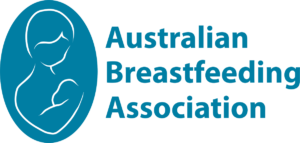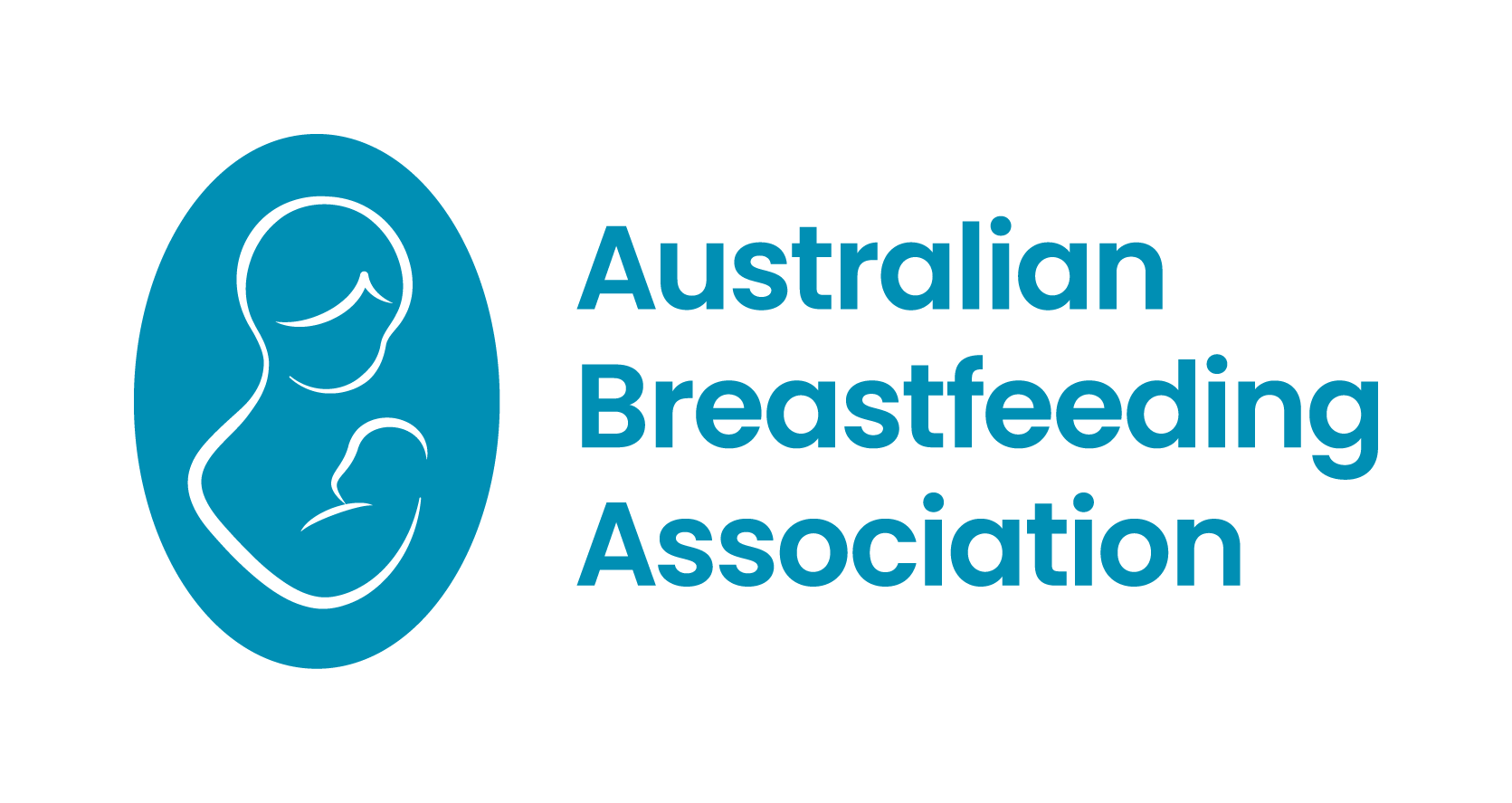Systematic review of the safety, immunogenicity, and effectiveness of COVID-19 vaccines in pregnant and lactating individuals and their infants
Fu, W., Sivajohan, B., McClymont, E., Albert, A., Elwood, C., Ogilvie, [...]
Fu, W., Sivajohan, B., McClymont, E., Albert, A., Elwood, C., Ogilvie, [...]
Jorgensen, S., Burry, L., & Tabbara, N. (2021). Role [...]
Baird JK, Jensen SM, Urba WJ, Fox BA, Baird JR.J [...]
Gray KJ, Bordt EA, Atyeo C, Deriso E, Akinwunmi B, [...]
Carr LE, Virmani MD, Rosa F, Munblit D, Matazel KS, [...]
Dong Y, Chi X, Hai H, Sun L, Zhang [...]
This review presents a fascinating summary of immune effects of breastfeeding with a focus on whether breastmilk provides allergic protection.
Colostrum plays a unique role in the transition of the baby to extra-uterine life. It differs from mature breastmilk in a number of ways. Colostrum is a concentrated source of protein, sodium and immunoglobulins (Brodribb 2019). Lower carbohydrate (lactose) levels result in lower volumes; whereas in mature breastmilk, lactose acts osmotically to draw water into the milk (Brodribb 2019). Colostrum also has a laxative effect, helping baby to pass meconium (Brodribb 2019). Secretory IgA, lactoferrin and maternal lymphocytes provide a source of passive immunity to complement that provided via the placenta (Wambach 2016). Human milk oligosaccharides promote the colonisation of baby’s intestinal system with bifidobacteria and act as decoys to prevent infection by pathogens (Wambach 2016).
The Australian Breastfeeding Association (ABA) runs the National Breastfeeding Helpline 1800 mum 2 mum (1800 686 268). The Breastfeeding Helpline is available 24 hours a day, 7 days a week.
It is staffed by trained, volunteer counsellors who answer calls on a roster system in their own homes.
LiveChat is a mum 2 mum support service on the ABA website www.breastfeeding.asn.au.
Trained volunteers assist mothers and their families with breastfeeding information and are there to support mothers on their breastfeeding journey.
LiveChat is accessible via mobile phones, tablets, laptops and computers.

Important Information
Privacy Policy
Membership Terms & Conditions
FAQs
ABN: 64005081523
RTO: 21659
Copyright © Australian Breastfeeding Association | ABA receives funding from the Australian Government
